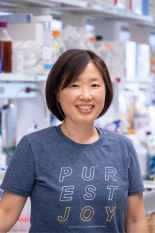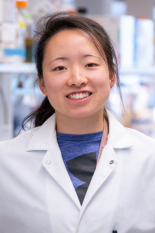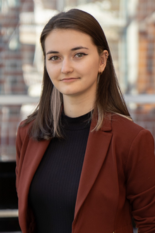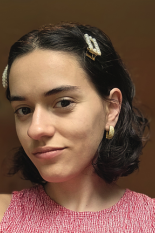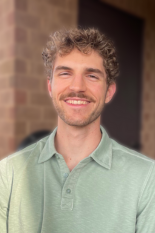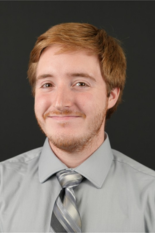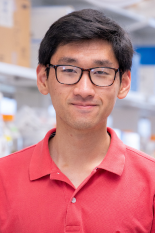News Story
Fischell Institute Spotlight: Greg Payne

Fischell Institute Fellow Greg Payne has a long history with Fischell Institute Director Bill Bentley. Payne and Bentley both attended Cornell University, studying chemical engineering for their bachelor's and master's degrees, and it's possible that Payne was a teaching assistant in one of the courses Bentley was enrolled in as a student.
Despite their similar path through Cornell, Payne first remembers meeting Bentley when he interviewed at the University of Maryland for a faculty position within the Institute for Bioscience and Biotechnology Research (formally known as the University of Maryland Biotechnology Institute) and the Department of Chemical and Biomolecular Engineering. 
Around 1998, after Bentley got the job, the two received neighboring offices and labs in the newly opened Plant Sciences Building. Shortly thereafter, the pair became great friends and began collaborating. Their partnership aimed to interface electronics and biology; it seemed to them that the Information Age and the Biotech Revolution were largely independent and that fusing capabilities could offer unforeseen opportunities.
In 2011, Payne and Bentley received a ”University System of Maryland Board of Regents Faculty Award for Research/Scholarship/Creative Activity” that recognized their long-term collaboration.
When A. James Clark Hall opened in 2017, Payne and Bentley migrated their offices to the Fischell Institute to continue their collaboration, which Payne was thrilled about.
“The Institute provides a dynamic, interdisciplinary environment that enables the broad-based research essential to accelerating progress and solving problems,” he said. “It also blends fundamental and applied research to strengthen both, and is home to an incredible group of young people that provide the inspiration and enthusiasm to keep us young.”
Payne's expertise lies at the intersection of chemistry, biology, materials science, and information technology. Following his undergraduate and graduate degrees from Cornell, he earned his Ph.D. in biochemical engineering from the University of Michigan in 1984. Afterward , he returned to Cornell University as a postdoctoral researcher and then moved to the University of Maryland in 1986.
Currently, Payne and his group are developing tools to understand this flow of electrons, energy, and information through biological redox reaction networks. One specific project is to understand how external life stresses, such as psychosocial stresses, disturb these redox networks and generate internal oxidative stresses.
"The best part of my job is being embedded within an interdisciplinary ecosystem with smart people motivated to solve important problems," he said.
Outside of work, Payne enjoys studying Mandarin. He previously lived and worked in China.
Published May 12, 2023

